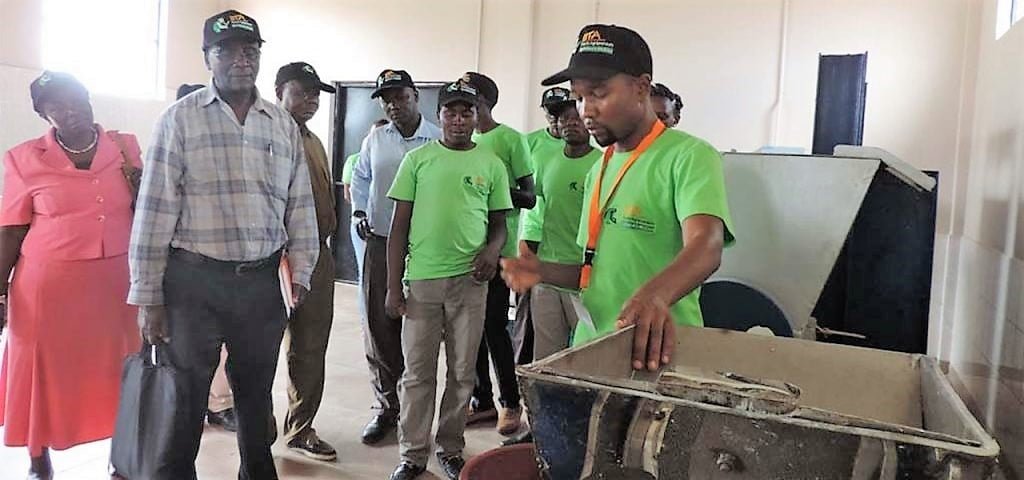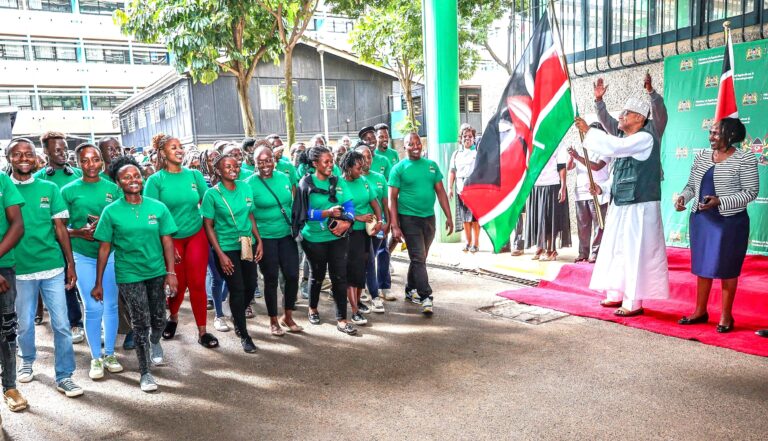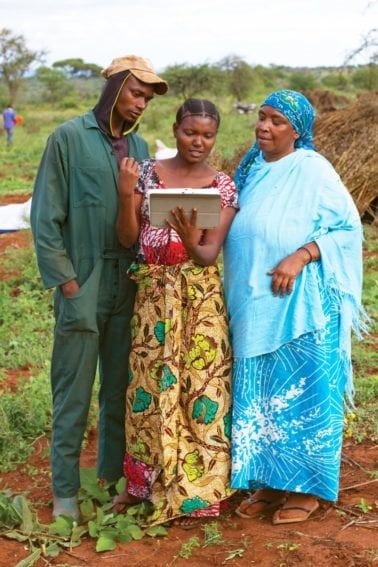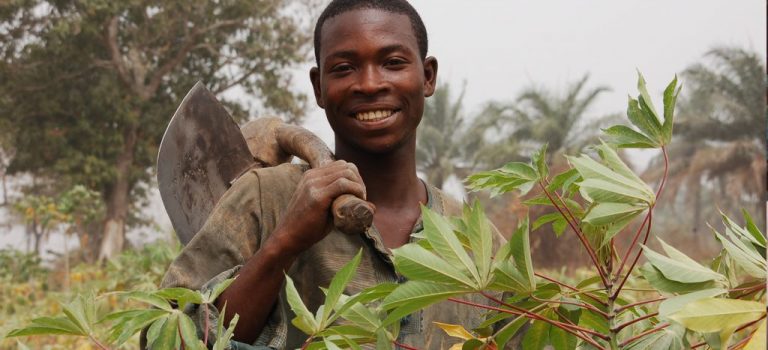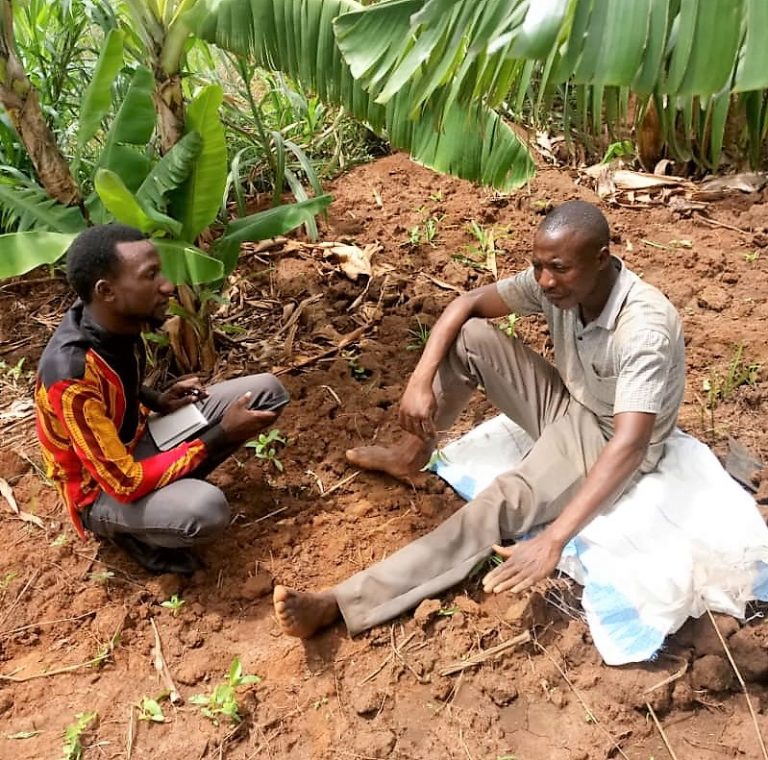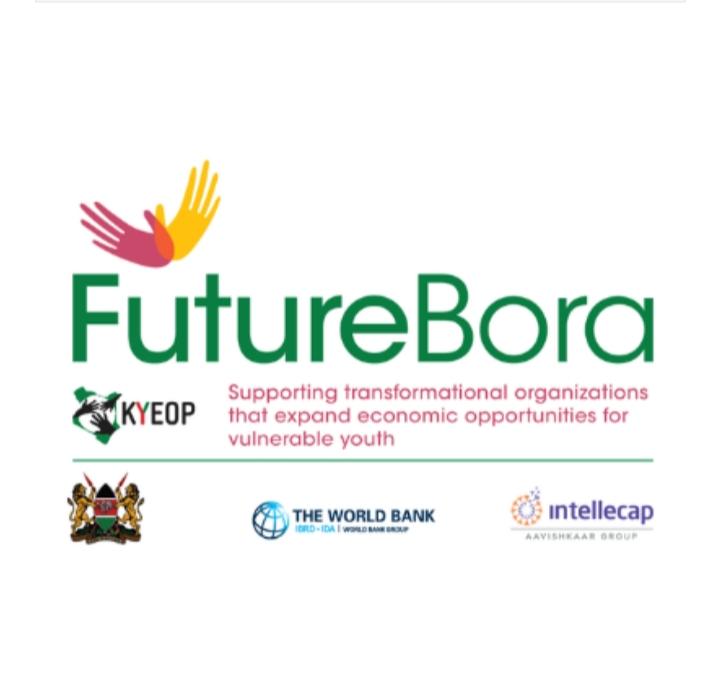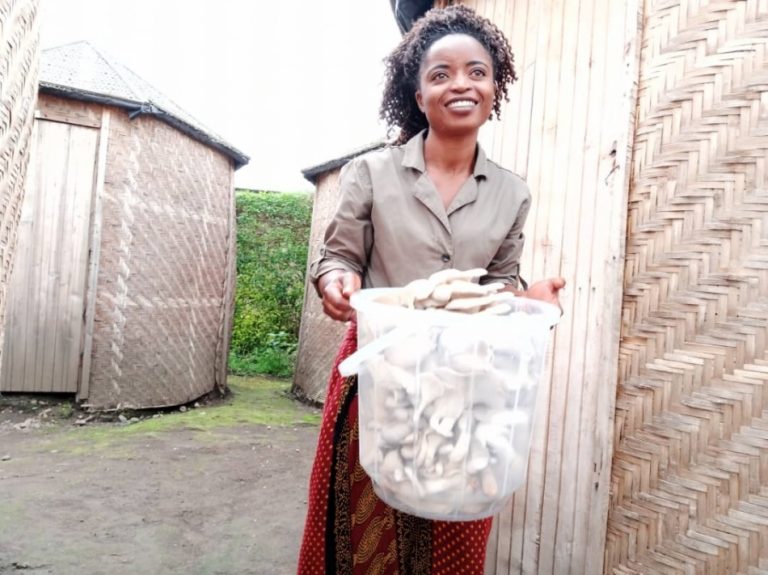In a country with about 60 percent of the population under 24 years of age, Senegal’s youth involvement in economic activities remains relatively low, alongside a high rate of unemployment which has attracted significant interest among policy makes in the country. Despite the importance of youth employment in the economic development process, the country is yet to fully benefit from its high percentage of youth in the population, as studies in recent years have reflected a stagnation in formal employment. The informal sector is projected to supply between 80 to 97 percent of jobs, in areas like family-run businesses or farming, trade and urban-based services.
While promoting youth participation in farm and non-farm activities is crucial to ensure inclusive and sustainable growth in the country, a study carried out on issues and evidence around youth participation and diversification strategies in rural economy, under the IFAD sponsored CARE project reveals that most rural youth have limited access to basic infrastructure needed to expand their activities. In fact, only 4 percent of rural youth live in communities with access to all-weather roads, and the proportion of rural youth living in communities with access to food markets does not exceed 6 percent.
According to Thierno Malick Diallo, one of the beneficiaries of the IITA managed CARE project, about 55 percent of Senegal’s youth live in rural areas and most of them have limited access to basic infrastructure needed to develop the farm and non-farm sector. Hence, the study looked into ways youth can adopt diversification strategies as a way to promote sustainable incomes in farm and non-farm economic activities for youth in rural Senegal.
The study which also investigated youth labor market outcomes, under four rural employment categories also looked into the constraints that are faced by youths in rural Senegal. Despite government commitment and efforts to create youth specific projects within the frameworks of various programs and agencies in the country, the challenge of youth unemployment remains a major quandary for Senegal as it inhibits the nation’s economic well-being.
The IFAD sponsored study which recommends the adoption of a comprehensive vision of rural economy in which there are strong synergies between the farm and non-farm sectors as part of measures policy-makers can use to lift some of the constraints the rural youth encounter revealed that implementing policies that will help in increasing rural youth human capital will also make the diversification strategies successful.
The research which was carried out under the Enhancing Capacity to Apply Research Evidence (CARE) in Policy for Youth Engagement in Agribusiness and Rural Economic Activities in Africa project is part of IFAD’s effort to seek ways to enhance the understanding of poverty reduction and employment impact. The project managed by IITA is also exploring factors influencing youth engagement in agribusiness and rural farm and non-farm economy across 10 African countries.
Thierno Diallo also recommends that policy-makers and donors interested in improving rural youth outcomes can assist in improving the access to basic infrastructure services as well as education so that youth can benefit from the expansion of rural farm and non-farm activities. According to Diallo, the lack of infrastructure services, such as access to all-weather roads and food markets, is associated with lower employment opportunities and incomes for rural youth in Senegal.


